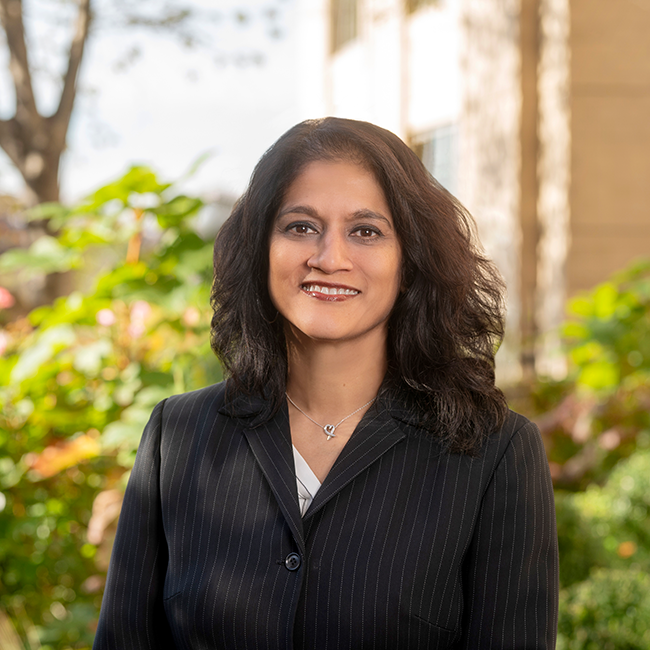
Sarcoidosis
Overview
Sarcoidosis is a debilitating and sometimes fatal inflammatory condition that can affect nearly every organ in the body. Immune cells cluster throughout the body, causing many individuals with sarcoidosis to struggle with extreme fatigue, difficulty breathing, joint pain, fever, and eye inflammation. In some cases, the symptoms may last from one to two years, but for others, it could be a lifelong battle with sarcoidosis, which has no cure. The existing treatments may address inflammation, but many of them have significant side effects, such as diabetes or weight gain. If left unmanaged, sarcoidosis can lead to severe organ damage and even death.
Sarcoidosis: A Giving Smarter Guide
This Giving Smarter Guide outlines key areas of investment needed across sarcoidosis research and care ecosystems to drive scientific progress for patients.

Funded Research
Philanthropy Pushes Sarcoidosis Forward

Contact Us
Contact us to learn more about the program at [email protected].








